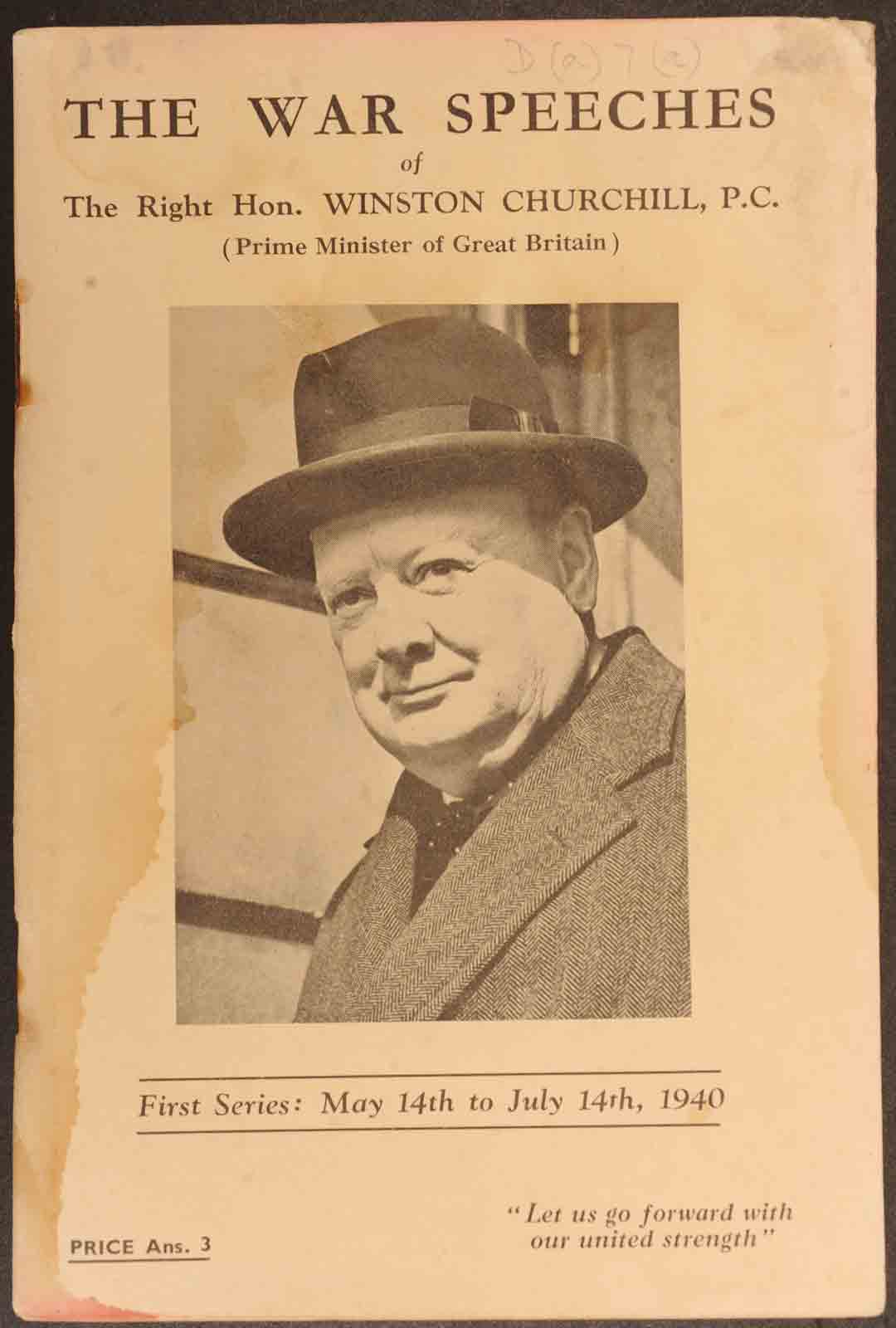Churchill First War


As prime minister, Winston Churchill boldly led Britain to victory in World War II. But 25 years before that, he championed a World War I military attack that ended in disaster—Gallipoli. As 1914 staggered to its bloody conclusion, the “Great War” dissolved into a horrific grind along the 500 battle-scarred miles of the Western Front. Britain and France had suffered nearly a million casualties in the war’s first four months alone, and the deadly stalemate in the trenches increasingly frustrated Britain’s 40-year-old First Lord of the Admiralty who asked the prime minister, “Are there not other alternatives than sending our armies to chew barbed wire in Flanders?” That rising star of British politics, Winston Churchill, believed he had the solution for breaking the impasse—a second front. Although the political head of the Royal Navy, the ambitious Churchill also fancied himself a military strategist. “I have it in me to be a successful soldier.
Winston Churchill and the First World War. Winston Churchill rather enjoyed war. In July 1914, as Britain prepared for the oncoming catrastrophe, Churchill, at the time the First Lord of the Admiralty, wrote to his wife, ‘I am interested, geared up and happy. Jan 13, 2018 Drama-documentary about Winston Churchill's experiences during the First World War. As a young Winston masterminds British involvement in the First World War, wife Clementine serves to temper his enthusiasm for war lust and lays the groundwork for. Winston Churchill had a varied career during the First World War. At the outbreak of war in 1914, Churchill was serving as First Lord of the Admiralty.
I can visualize great movements and combinations,” he confided in a friend. The young minister proposed a bold stroke that would win the war. Abandoning his earlier plan to invade Germany from the Baltic Sea to the north, he now championed another proposal under consideration by the military to strike more than 1,000 miles to east. He proposed to thread his naval fleet through the needle of the Dardanelles, the narrow 38-mile strait that severed Europe and Asia in northwest Turkey, to seize Constantinople and gain control of the strategic waterways linking the Black Sea in the east to the Mediterranean Sea in the west. How To Program Alpine Car Alarm Remote. Churchill believed the invasion would give the British a clear sea route to their ally Russia and knock the fading Ottoman Empire, the “sick man of Europe” that had reluctantly joined the Central Powers in October 1914, out of the war, which would persuade one or all of the neutral states of Greece, Bulgaria and Romania to join the Allies. Britain’s war cabinet backed the plan, which had been under consideration even before the Ottoman Empire joined the war.
The first step would be an attack on the Gallipoli Peninsula on the northern side of the Dardanelles, an operation that Churchill, who now became the plan’s chief advocate, knew would be risky. “The price to be paid in taking Gallipoli would no doubt be heavy,” he wrote, “but there would be no more war with Turkey. A good army of 50,000 and sea-power—that is the end of the Turkish menace.”. The British War Office, however, refused to send as many troops as he wished, but Churchill sent in the fleet anyway.
The attack on Gallipoli began on the morning of February 19, 1915, with long-range bombardment of the peninsula by British and French battleships. Stanford Masters Program Acceptance Rate. Despite initial success, the attack stalled as the weather grew worse and Allied minesweepers drew heavy fire.
Under pressure from Churchill to continue the attack, the British naval commander in the region, Admiral Sackville Carden, suffered a nervous collapse and was replaced by Vice-Admiral John de Robeck. Days later on the morning of March 18, British and French battleships entered the straits and launched an attack.
Again, the Allies had the upper hand in the initial hours until undetected mines sank three ships and severely damaged three others. With half of his fleet out of commission, de Robeck ordered a withdrawal. Churchill wanted his commander to press on, but de Robeck wanted to wait for army support forces, which were now being provided after all. As the fleet hesitated, it lost the advantage. In the wake of the failed naval attack, the Allies launched a major land invasion of Gallipoli on April 25.
Comments are closed.